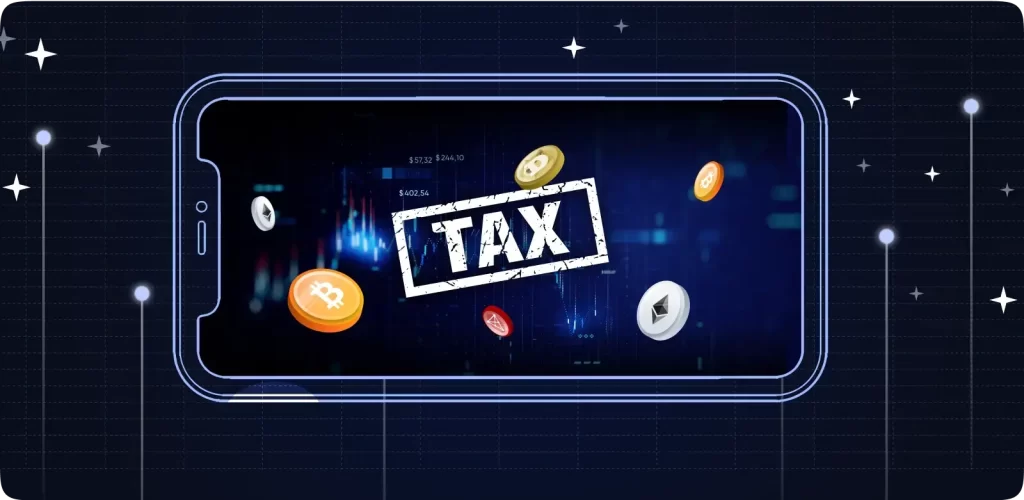Oil and gas drilling equipment plays a crucial role in powering global energy markets by enabling the exploration, extraction, and production of hydrocarbons. As the world’s primary source of energy, oil and gas are indispensable in meeting the demands of industrial activities, transportation, and electricity generation. The drilling process itself is a highly technical and resource-intensive operation, relying on specialized equipment to access and extract oil and natural gas from deep beneath the Earth’s surface. At the heart of oil and gas exploration and production is the drilling rig, a massive, complex machine designed to drill deep into the Earth’s crust. These rigs are equipped with rotary drills, which are powered by engines or electric motors to cut through rock layers and reach oil or gas deposits. The rig itself is composed of various components such as derricks, blowout preventers, drill pipes, and drilling mud systems. These elements work together to ensure that the well is drilled safely and efficiently, maintaining pressure control and preventing blowouts, which can cause catastrophic accidents.

One of the critical technologies in drilling is the blowout preventer BOP, a safety mechanism that ensures the integrity of the wellbore during drilling operations. It helps prevent the uncontrolled release of oil or gas, known as a blowout, which can have devastating environmental and economic consequences. The BOP is designed to seal the well in case of a pressure surge, preventing a disaster from occurring at the surface level. In addition to rigs and blowout preventers, another key component of the drilling process is the drill bit. The oil and gas equipment bit is responsible for penetrating the earth’s surface and rock formations, and it comes in various types, each suited for different types of geological formations. For example, a PDC Polycrystalline Diamond Compact bit is commonly used in hard rock formations due to its durability, while roller-cone bits are more effective in softer formations. The choice of drill bit is critical as it determines the efficiency and cost-effectiveness of the drilling operation.
The use of drilling mud, a special fluid pumped into the well during drilling operations, also plays a vital role in the success of the drilling process. This mud serves multiple purposes, such as cooling the drill bit, removing rock cuttings from the wellbore, and maintaining well pressure. Additionally, the mud helps to lubricate the drill bit and prevent damage caused by friction. Beyond the extraction process itself, drilling equipment is also essential for maintaining the global supply chain of oil and gas. Once the hydrocarbons are extracted, the oil drill machine infrastructure supports their transportation and processing. Drilling rigs operate both offshore and onshore, depending on the location of the resources, with offshore rigs such as floating production units and jack-up rigs allowing for deepwater exploration. The global supply of oil and gas relies on a well-oiled system of interconnected drilling equipment and technologies that facilitate the ongoing operation of production fields around the world.








